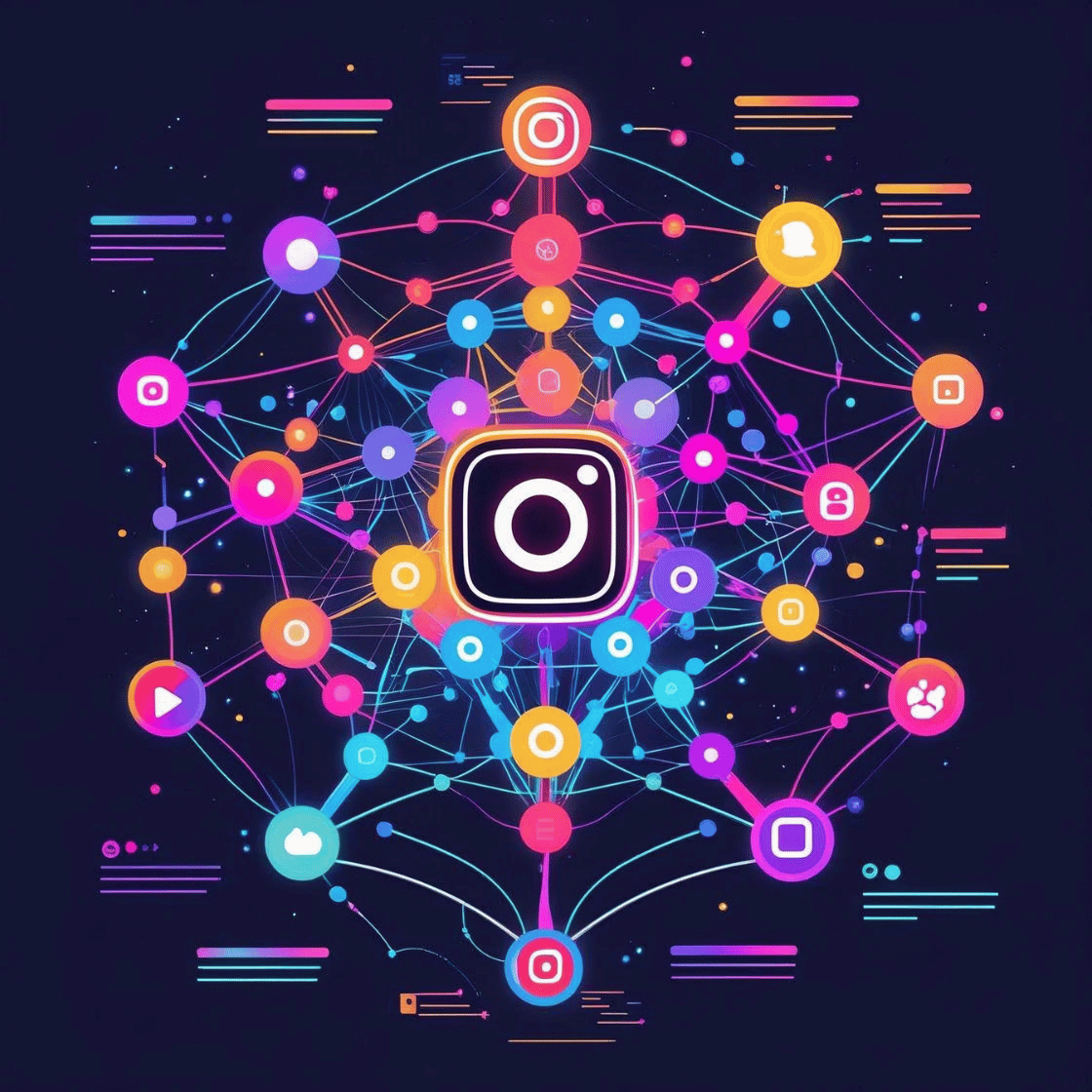The internet is full of amazing video content. You may want to save a video to watch later or offline. But the big question is—is it legal?
Many people do not fully understand the legal side of downloading online videos. Some believe if a video is online, it’s free to download. That’s not true in most cases.
In this guide, we explain the legal facts about downloading videos from the internet. This article helps you stay safe and avoid legal trouble.
1. What Makes a Video Protected by Law?
Videos are often protected by copyright laws. This means the person or company who made the video owns the rights.
If a video is copyrighted, you cannot legally copy, share, or download it without permission.
Examples of copyrighted videos:
-
YouTube music videos
-
Netflix movies and shows
-
Instagram reels from creators
-
Educational videos on paid platforms
Just because it’s online doesn’t mean it’s free to use.
2. What Is Fair Use?
Fair use is a legal rule that lets you use a small part of copyrighted content without permission.
But fair use has limits. You can’t apply it to everything. It usually works only if:
-
You’re using it for education, commentary, or news
-
You’re not harming the original creator’s income
-
You’re not using the full video
💡 Example: A teacher may use 30 seconds of a YouTube video to explain a topic. That’s fair use. But downloading and sharing the full video isn’t.
3. Can You Download Videos for Personal Use?
This is where it gets tricky.
✅ In some cases, personal downloads are allowed:
-
When the platform gives you an official download button (like YouTube Premium)
-
When the creator has given permission
-
When the video is marked as public domain or Creative Commons
❌ In other cases, it’s illegal:
-
When you use third-party tools to download videos against platform rules
-
When you download paid content without paying
-
When you share downloaded videos publicly or for profit
Even personal use can break terms of service if not done carefully.
4. What Do the Terms of Service Say?
Every platform (YouTube, Instagram, Facebook, TikTok) has terms of service.
They often include rules like:
-
“You may not download videos unless we allow it.”
-
“You can only use our content in ways we approve.”
Breaking these rules doesn’t always lead to jail—but it can get your account banned or content taken down.
Always read the platform’s rules before downloading.
5. Is Using a Downloader Tool Legal?
Downloader tools help save videos to your device. But whether they’re legal depends on how you use them.
Legal Use:
-
Saving your own videos
-
Downloading public domain content
-
Using downloader tools that follow platform rules
Illegal Use:
-
Downloading copyrighted videos
-
Saving someone else’s private content
-
Using the videos for ads, reposts, or business use
Tools like Fast Video Save make it easy to save videos—but only for personal and legal use. They do not ask for passwords and don’t break platform access rules.
6. Public Domain and Creative Commons Videos
Some videos are not copyrighted. These are safe to download.
-
Public Domain: Content owned by no one. Anyone can use it.
-
Creative Commons (CC): The creator allows reuse with conditions.
Before downloading, check the license on the video page. Look for terms like:
-
CC BY (credit the creator)
-
CC0 (no credit needed)
-
CC BY-NC (non-commercial only)
You can find many CC videos on sites like:
-
Vimeo
-
Pexels Video
-
Archive.org
7. What About Screen Recording?
Some people use screen recorders instead of downloaders. But the rules are the same.
If you screen-record a movie or video you don’t own, it’s still illegal. You’re copying copyrighted material without permission.
It may seem safer, but it still breaks the law.
8. How to Stay Legal While Downloading Videos
Follow these simple tips to avoid trouble:
-
✅ Use official download buttons
-
✅ Only download public or permitted content
-
✅ Don’t share or repost downloaded videos
-
✅ Respect copyright and creator rights
-
✅ Avoid paid content unless you buy it
When in doubt—don’t download.
9. Why Legal Downloads Matter
Staying legal is not just about avoiding fines. It also:
-
Supports content creators
-
Protects your device from unsafe tools
-
Keeps your online accounts safe
-
Builds good habits for online ethics
If you love content—respect the people who create it.
10. What If You Break the Rules?
The risks include:
-
Takedown notices
-
Account bans (YouTube, Instagram)
-
Lawsuits for repeated violations
-
Fines in extreme cases
Platforms like YouTube and Facebook have strong systems to detect and report illegal use. It’s better to stay safe than take the risk.
FAQs: Legal Questions About Downloading Online Videos
1. Is it legal to download YouTube videos?
Only if you use YouTube Premium or the platform allows it. Most third-party downloads break YouTube’s rules.
2. Can I save Instagram Stories or Reels?
You can save your own. For others’ content, ask permission or use tools like Fast Video Save for personal, private viewing only.
3. Are video download tools legal?
Yes, the tools are legal. But what you use them for can be illegal. Use them only for content you have the right to download.
4. Can I post downloaded videos on my blog or YouTube?
No, not unless you own the video or have written permission. This can lead to takedowns or copyright strikes.
5. Is screen recording legal?
Not always. Recording copyrighted videos without permission is still a copyright violation, even if you don’t use a download tool.
Conclusion
Downloading online videos isn’t always simple. The law around it can be confusing. But if you follow some basic rules, you can enjoy content safely and legally.
Remember:
-
Respect copyright
-
Use legal sources
-
Don’t repost without rights
-
Support original creators
Want to download content the right way?
✅ Use Fast Video Save – a tool designed for simple, secure, and ethical saving of online content.


